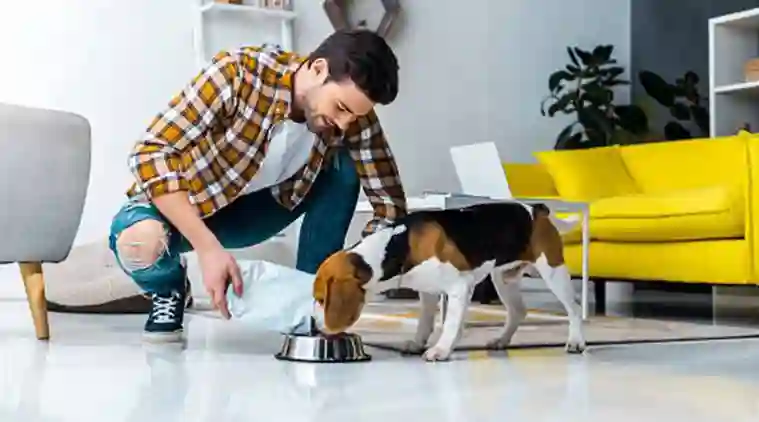Taking care of pets at home is essential for their health and happiness. This can be as simple as providing them with clean water or toys to play with.
Pets left alone can be a danger to themselves and others. They can get into things they shouldn’t such as poisonous houseplants, prescription medication or children’s toys. They can also ingest string and hair ties that can cause serious internal damage.
- Feeding
Providing pets with a safe and comfortable home is essential. Creating a pet-safe environment involves making sure your home is free of hazards like chemicals, medications, loose wires and cables. It also means crate-proofing your home to make it a place where your pets feel secure when you are away for extended periods of time.
Feeding your pets a nutritious, well-balanced diet is important as well. Avoid feeding pets excessively fatty meats or chicken skin and be sure to limit their treats, which should account for no more than 10 percent of your pet’s daily calories.
- Water
Just like humans, pets need access to water. Dogs and cats that are dehydrated can suffer from a host of health problems including seizures, bloody diarrhea and vomiting.
Make sure your pet has access to a bowl of fresh, clean water. Place the bowl in a spot that is safe from being knocked over or tipped over, and refill it at least twice per day.
Avoid letting your pets drink water from ponds or public or home swimming pools. These waters are treated with chemicals that keep algae levels low for swimmers, but can be harmful to your pets.
- Exercise
Just like humans, pets need to exercise daily. It helps with their mental, physical and emotional health.
Walking your dog, playing with your cat, or exercising smaller pets like hamsters/gerbils are all great forms of exercise for your pet. The duration and intensity of your pet’s exercise will vary according to their size.
Getting your pets enough activity throughout the day will also help keep them calm and relaxed when you leave them home alone. This will prevent them from getting bored and engaging in undesirable behaviors like chewing and tearing up your house.
- Vaccinations
Vaccines protect pets from diseases that can kill them. They also protect people if they bite an infected pet.
Large family gatherings, fireworks, picnic foods and other holiday traditions can be stressful for pets. Many are frightened or startled by the loud noises and may run away.
Pets should have ID tags and vaccinations that are up to date. It is easy to administer some vaccines at home. Just make sure you have peroxide, cotton swabs and a small cooler with ice to keep the vaccine cool. Some vaccines are injected and some administered intranasally (dripped or squirted into the nose). Some can be given to cats as well.
- Training
Pets need a lot of care and attention. Practicing responsible pet ownership year-round includes everyday tasks such as training your dog, feeding your cat, and providing water.
Appropriate exercise is also crucial for the mental and physical health of cats, dogs and rabbits. Exercise helps prevent serious illnesses, excess weight gain, and joint problems.
Preparing your pets to be left home alone should start with exercise. Take them for a walk, play a game with them or simply dangle their favorite toy in front of them to get some of that extra energy out before you leave. Record a list of instructions for emergency short-term and long-term caregivers, including food restrictions, behavior rules, sleeping schedules and any other specific needs your pet may have.
- Health Care
A healthy pet requires proper care. This includes a clean environment, preventing illness through vaccinations and parasite control, as well as routine dental cleanings (see Dental Care for Cats and Dogs). Avoid feeding table scraps to pets. They may make some pets sick or cause diarrhea. Ensure pets have identification such as tags or microchips.
Having a pet provides many benefits to the family, children included. They can lower a child’s anxiety and promote a sense of responsibility. Pets can also provide sensory stress relief by offering a calm presence and gentle touch.
- Socialization
Socialization is important to help pets become comfortable around other people and animals. This helps your pet be calm and happy when in public or at home alone. This is most easily accomplished when puppies and kittens are young, but can be achieved as adults with training and patience.
When introducing your pet to other dogs or cats, make sure they are similar in size and temperament. Also, have them meet on neutral territory so they can sniff each other without interacting.
During training classes, your pet is exposed to other dogs and people, which helps them build confidence. Make a list of authorized short- and emergency long-term care providers and review it annually.
